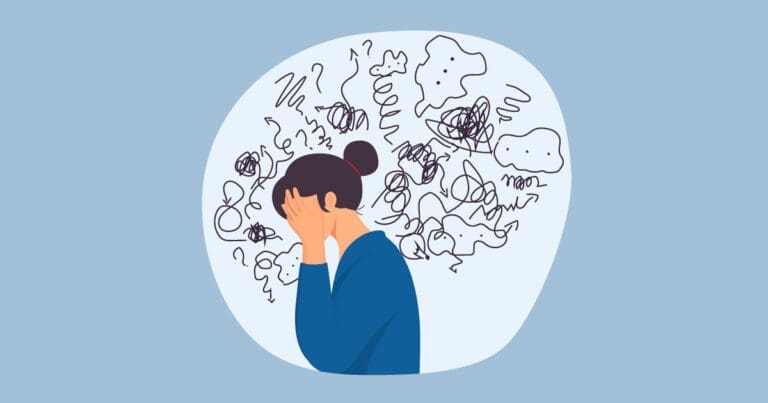Hoarding physical objects can be a significant life problem. We have seen television shows and read news articles about people who compulsively collect and hold on to seemingly useless objects, even junk. People fill their living space with stuff they collect and often cannot bring themselves to abandon what they have collected. In extreme cases, people are hardly able to live in their house or apartment due to the space occupied by what they are hoarding. For a variety of reasons, despite the stress and discomfort associated with the behavior, they persist.
While physical hoarding is a visible phenomenon, not all hoarding necessarily is visible or physical. Without consciously choosing or even realizing the impact, we can be accumulating mental and emotional “baggage” that saps our energy, grows our stress, and undermines our ability to fully enjoy our life and work.
Much like the accumulation of physical objects, our mental and emotional capacity to engage, explore, grow, and learn can be compromised when we allow past hurts, current conflicts, and the possibility of future disappointments to fill our minds and fray our emotions.
Of course, the mental and emotional elements that take up space come in many forms. It is also true that hoarding happens in stages and does not always grow to the point of paralyzing the hoarder. Regular house cleaning can help to counter urges to hoard. Similarly, conducting a mental and emotional inventory can help us to see what may be interfering with our happiness and success. Becoming conscious of what we are holding on to can position us to let go of what is not serving us well and create space for new energy, curiosity, and growth.
Let’s consider six mental and emotional elements that are worthy of examination and are candidates for abandonment:
- Grudges. Grudges can be among largest occupiers of mental space. Grudges distract us; hold us back from forming, fixing, and flourishing relationships; and almost always exact the greatest price from the people who hold them. Deciding to let go, forgive, and move on can be a major emotional space freer.
- Guilt. Guilt can occupy a similar amount of mental and emotional space as grudges, but guilt is aimed at ourselves rather than someone else. To clear space, we need to forgive ourselves. To do this, we may need to apologize and make things right with someone we have harmed. We might need to recognize that we cannot change what happened, but if we have learned from the experience, we can give ourselves permission to let it go and free up some emotional space.
- Regrets. Regrets can be the result of choices we made or did not make. They can be the result of opportunities we let pass us by or paths we chose that did not serve us well. However, with each decision made, there were likely new experiences gained, lessons learned, and opportunities presented. Rather than looking back and fixating on what might have been, we can commit to making the best of what we have and making better choices in the future.
- Assumptions. Assumptions also take up significant undeserved mental space. Assumptions are untested, unproven, and often inaccurate perceptions of how things work, who people are, and what is possible. Testing our assumptions can help us to avoid misunderstandings, miscalculations, and missteps in our relationships with others and become more productive in our work.
- Beliefs. Beliefs are formed out of the assumptions we make. We might even think of them as being “stacked” on what we already assume to be true. Beliefs based on inaccurate assumptions can prevent us from engaging in new experiences, taking responsible risks, being curious, and trying new things. Like assumptions, we can create mental space by testing and sorting our beliefs about learning, teaching, and other aspects of our practice.
- Fears. Fear may be the most insidious occupier of mental and emotional space. Fear can conjure up images of failure, identify endless risks, warn of embarrassment, and present a near endless list of other “better avoided” actions. Yet, fear thrives on what might be, not on what is or what will be. Unless we confront our fears, we are not likely to dispel those that have no basis but still have a hold on us.
Summer can be a great time for mental and emotional housekeeping. Remember: We do not have to be full-fledged mental and emotional hoarders to benefit from letting go of what distracts and holds us back. Most importantly, any space we create is available for more productive and growth-inducing opportunities.



